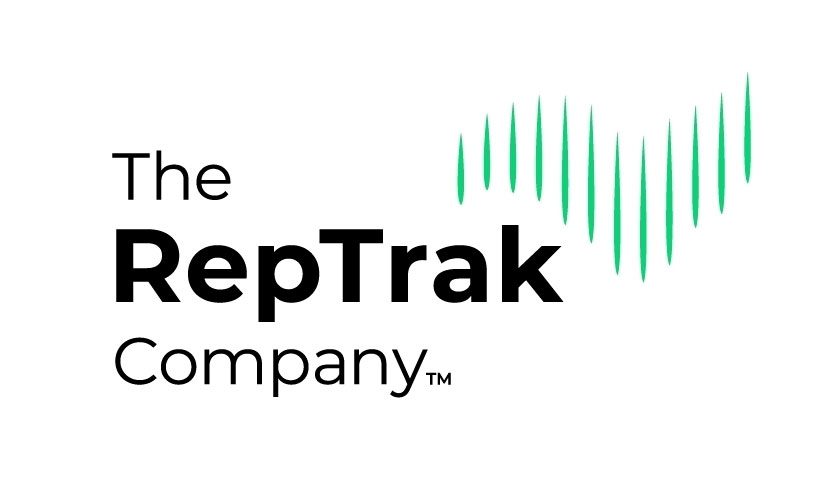Reputation Institute (RI), the world’s leading provider of reputation monitoring, measurement, and management services, today announced the company’s annual Country RepTrak® rankings. Based on more than 58,000 individual ratings among the General Public across the G8 economies, the study evaluated 55 of the world’s largest countries by GDP during the first quarter of 2018. It captured a measure of emotional connection towards these countries, and how perceptions of reputation drive underlying stakeholder behavior on key measures such as the willingness to visit, live in, work in, invest in and study in these countries.
The Top 10 most reputable countries in 2018 are:
- Sweden
- Finland
- Switzerland
- Norway
- New Zealand
- Australia
- Canada
- Japan
- Denmark
- Netherlands
In 2018, Sweden rose from third to first place and is one of four countries with an excellent reputation. With almost universally excellent reputation scores, Sweden is seen as the #1 most ethical country with high transparency and low corruption, as well as the country with the most progressive social and economic policies. Right behind Sweden, Finland is the highest climber, rising from #7 to #2.
“I am convinced that this result stems from the fact that our social model creates not only growth but also freedom, equality and security. More and more people understand that inequality is a major obstacle for economic development in the world,” said Prime Minister of Sweden, Stefan Löfven.
“It is gratifying to see that Sweden ranks number one as the most reputable country. Especially with characteristics such as being a welcoming and progressive country. For being such a small country, a lot of creativity, design and technology comes from Sweden – just look at IKEA, Spotify and H&M. It really shows that our ways of living make a mark globally and gives reasons for tourists to come visit our country,” says Ewa Lagerqvist, CEO at Visit Sweden.
Nicolas Georges Trad, President of Global Accounts at Reputation Institute said, “What sets Sweden apart is that is perceived as a highly principled, altruistic, egalitarian, and environmentally-conscious country. Countries that excel, like Sweden, focus on creating strong reputation profiles built on all three aspects of country reputation – government, economy and environment.”
The economic impact of country reputation is significant, with each 1-point increase in country reputation score resulting in 0.9% annual increase in the number of tourists per capita and a 0.3% rise in export rates. The study also revealed that underlying feelings of geo-political tension, nationalism, and social unrest have resulted in an overall decline in country reputation and support worldwide.
“Overall reputation declined in 2018, but a few countries retained an excellent reputation, said Stephen Hahn-Griffiths, Chief Reputation Officer at Reputation Institute. “These countries are defined by ethics, aesthetic beauty and a feel-good factor. But country perceptions of economic might, size of population, and GDP do not necessarily translate into a strong country reputation.”
Among the countries experiencing more severe reputational challenges, the US has a weak reputation in 2018, at 56.4 points. While the US has strong scores when it comes to its commercial aptitude in fostering successful brands and being technologically advanced, it falls short on perceptions of ethics, effective government, and safety. Domestically, the US’s reputation specifically among Americans has dropped 7 points since the election of President Trump.
Results revealed that while reputation drives supportive behaviors from stakeholders and economic growth, country reputation is not determined by the largest economy, population nor geographic area. Only 20% of the world’s top 10 countries by economy and geography are among the top 10 most reputable countries.
Carefully managing country communications and storytelling is a key element for achieving a stellar reputation. Many of the top countries have invested in effective integrated communications to build familiarity and to establish a depth of understanding of what they stand for.



